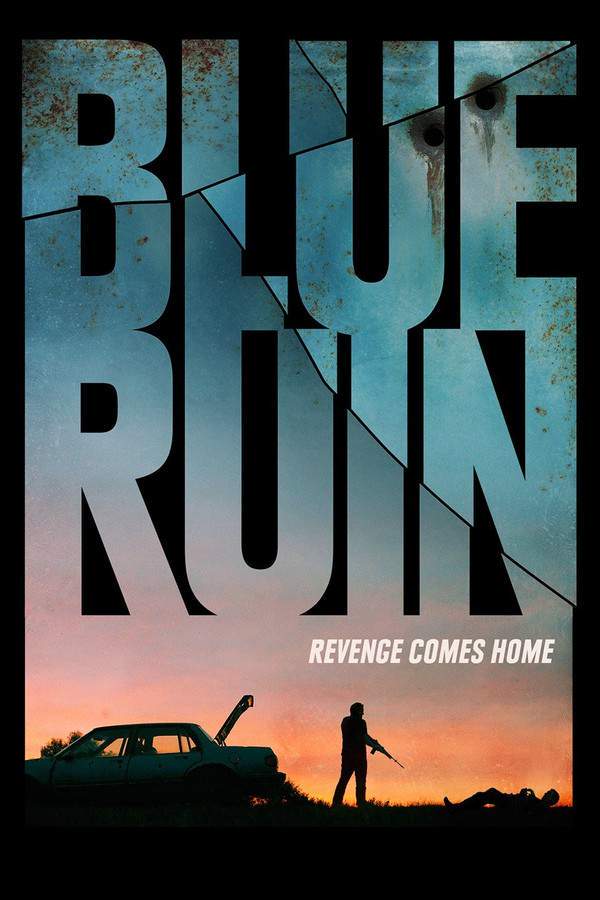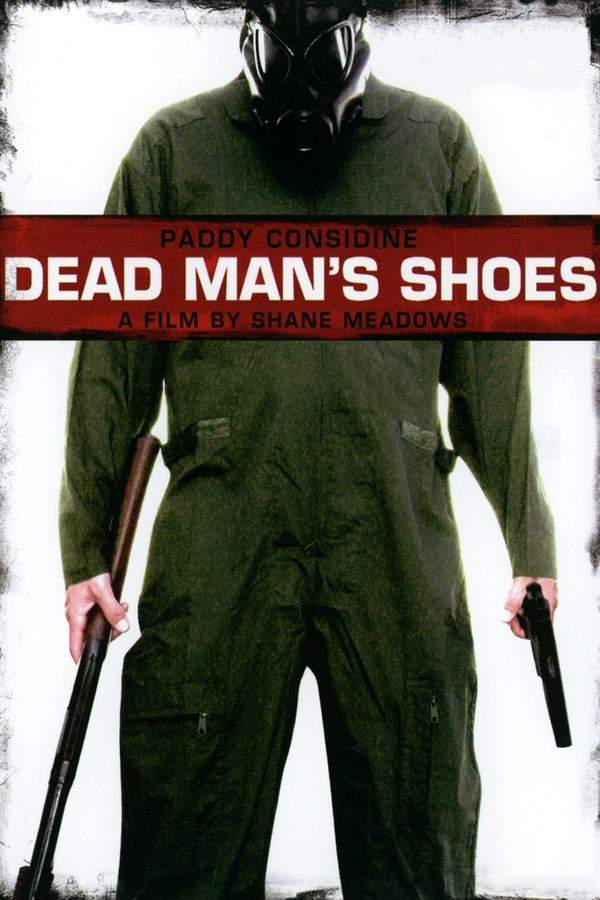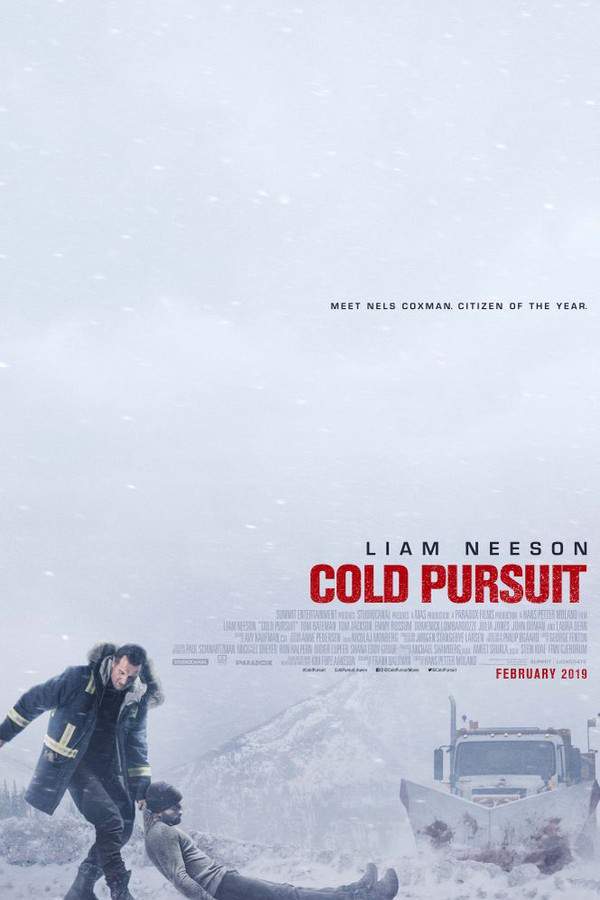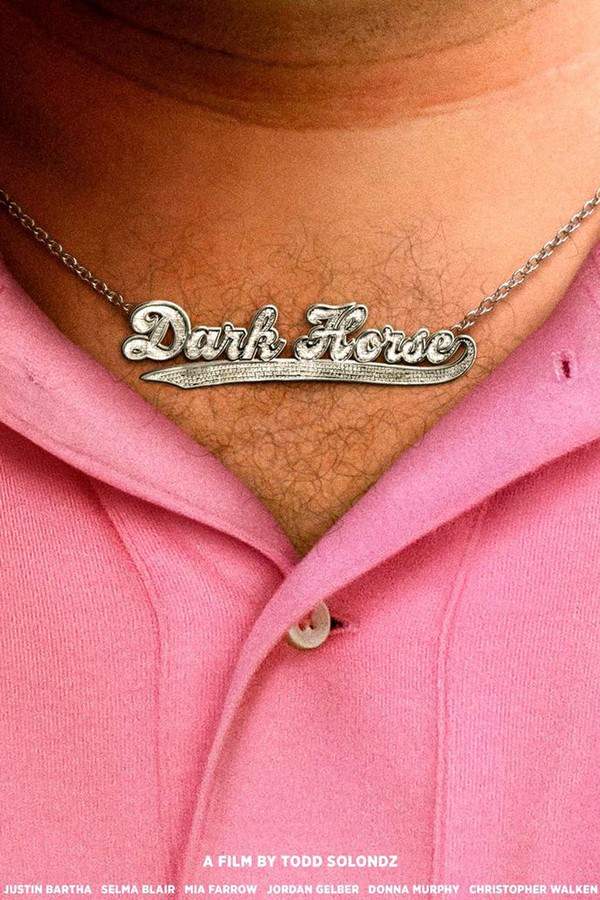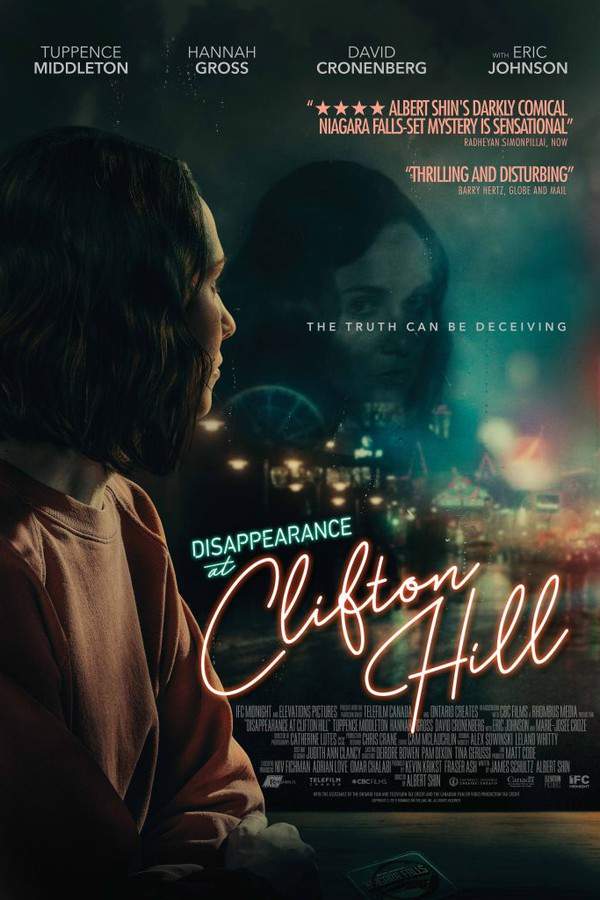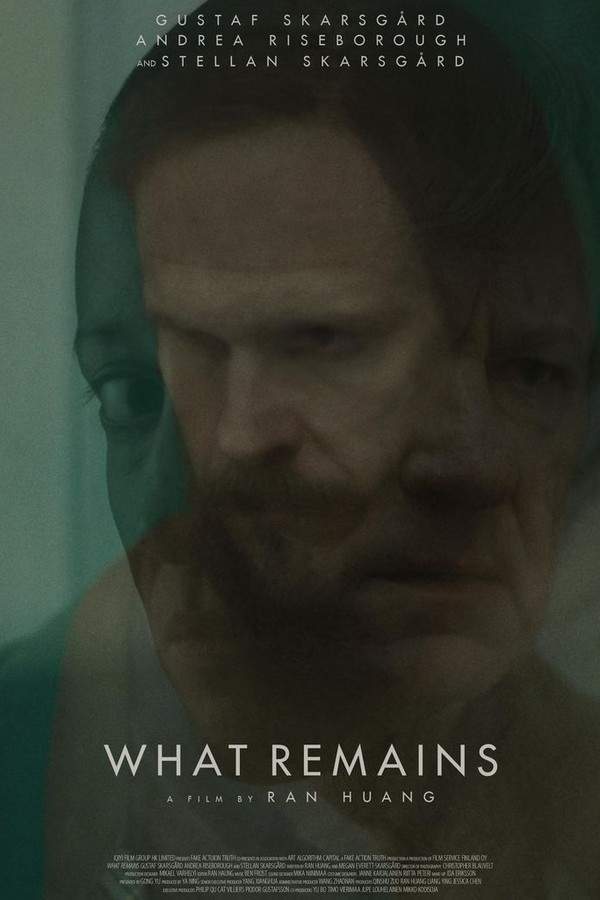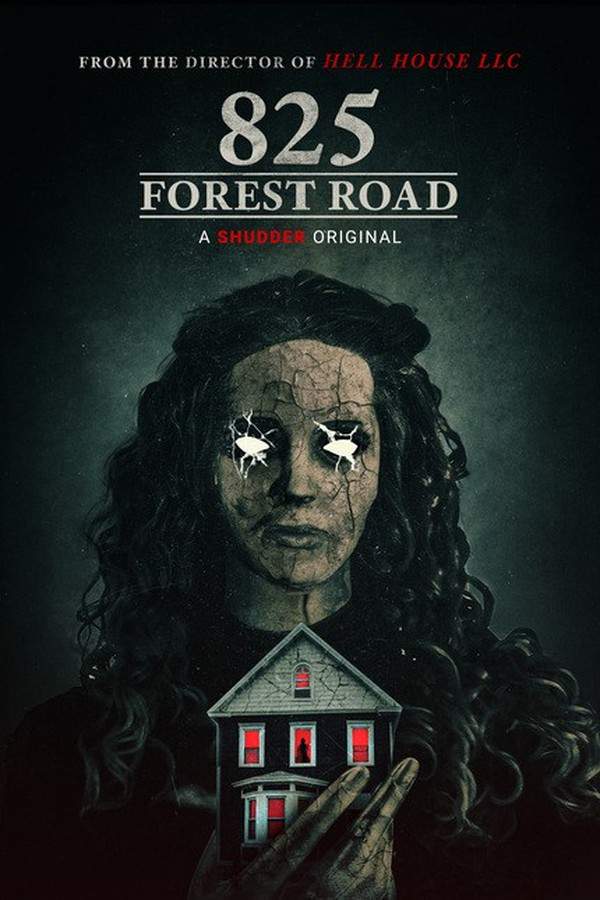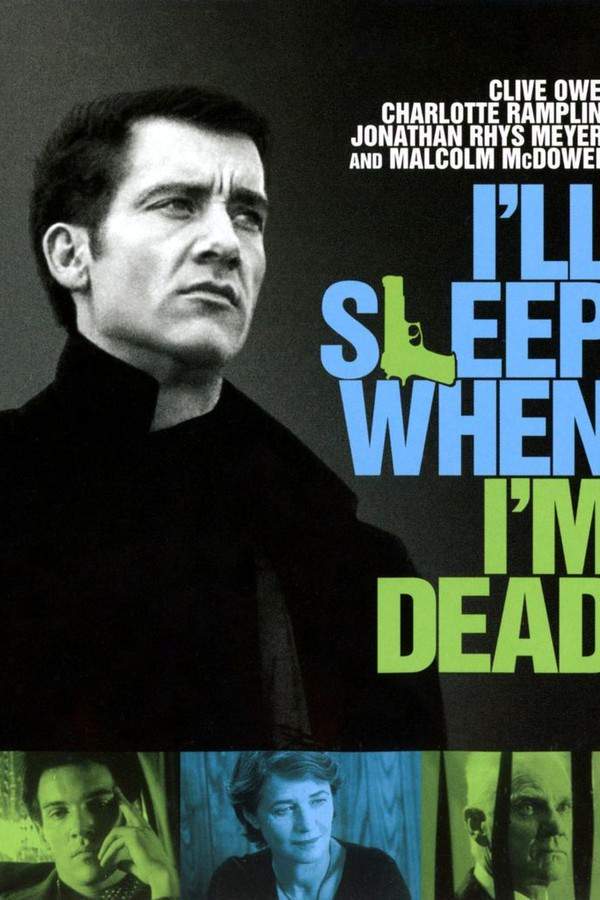
I'll Sleep When I'm Dead
Year: 2016
Runtime: 79 min
Language: English
Director: Justin Krook
This energetic documentary follows DJ Steve Aoki as he prepares for his most ambitious performance yet. The film delves into the origins of his relentless drive, revealing the influence of his late father, Rocky Aoki, a pioneering restaurateur and entrepreneur best known for founding Benihana. Through intimate footage, the film explores Aoki’s passion for music and the profound impact of his family history and legacy.
Warning: spoilers below!
Haven’t seen I'll Sleep When I'm Dead yet? This summary contains major spoilers. Bookmark the page, watch the movie, and come back for the full breakdown. If you're ready, scroll on and relive the story!
I'll Sleep When I'm Dead (2016) – Full Plot Summary & Ending Explained
Read the complete plot breakdown of I'll Sleep When I'm Dead (2016), including all key story events, major twists, and the ending explained in detail. Discover what really happened—and what it all means.
Davey Graham makes an entrance at an upscale party, his intention clear as he tries to make a drug deal with a woman named Stella. However, just as he is about to leave, her date observes him and promptly makes a call on his mobile phone, setting off a chain of disturbing events. Outside the venue, three men are waiting in a black Range Rover, one of whom is a car dealer named Boad. As Davey walks through the streets of London, unaware of the impending danger, the men begin to tail him. The chase culminates in a brutal assault right as he’s about to return home. Two of the men confront him directly, pinning him down while another lurks menacingly in an alley. They silence his desperate cries for help, dragging him into a nondescript garage where a horrific act of violence unfolds—Boad rapes him.
As dawn breaks, a disoriented Davey stumbles out of the garage, his world irrevocably shattered, and returns home to seek solace in a bath, fully clothed, as if trying to wash away the trauma. Hours later, his friend Mickser arrives, only to find Davey lifeless in the bathtub, his throat slashed in a final act of despair. Devastated, Mickser seeks out Helen, hoping she can connect him with Davey’s brother, Will. Helen informs him that she has lost contact with Will—a brother who deceptively vanished from their lives three years ago.
Will has retreated into the countryside, embracing a solitary life as a forester. With unkempt hair and a rugged appearance, his life becomes even more complicated when he loses his job due to bureaucratic issues stemming from a lack of documentation. On the verge of leaving England for good, he has an unsettling vision of Davey at the ferry terminal, but soon realizes it’s merely a hallucination. Concerned, he tries to reach out to Davey’s apartment but gets no response, prompting him to return to London, where he is greeted with the heartbreaking news of his brother’s death. This shocking revelation not only brings Will face-to-face with his brother’s brutal fate but also stirs unease within crime boss Frank Turner, who sends a cautionary message, advising Will to leave the city after paying his respects.
Despite the threat, Will’s old gang urges him to reclaim his previous life, insisting that Turner is vulnerable. Yet, Will firmly rejects the notion of returning to the criminal underworld. Instead, he visits Helen to express his regret for abandoning her, reflecting on the tragic—yet wasted—lives of both himself and Davey. Driven by grief and a desire for answers, Will pushes for a second post-mortem to investigate the circumstances surrounding Davey’s tragic end. The findings reveal the brutal truth: Davey was raped before his death, a fact compounded by the brutal and humiliating realization that he involuntarily ejaculated during the assault. This revelation is further explained by the coroner, who embarks on a discussion about the psychological ramifications of such violence, ultimately leading Will to seek the counsel of a psychologist to help him understand the complex mental toll of rape and its survivors.
As what seems to be a string of devastating events unfold, Mickser tracks down the man who had watched Davey leave the party and, through their detective work, they hone in on Boad. During a cunningly orchestrated dinner at Boad’s residence, Will begins to plot his revenge. Tensions in the streets rise; Will’s gang pulls a prank at Turner’s domain that embroils them deeper in the criminal fray, prompting Turner to dispatch an Irish hitman to enforce his will upon Will. In a moment of personal reckoning, Will discovers a vintage Jaguar hidden away in a garage, along with a suitcase replete with cash, attire, and a gun—all symbols of a past life he cannot escape.
Will undergoes a dramatic transformation, shedding his unkempt persona for a polished, suit-clad figure ready to confront his brother’s tormentor. He washes the Jaguar and makes the fateful decision to call Helen, instructing her to pack a bag in anticipation of a new chapter, yet unbeknownst to him, danger lurks nearby in the form of Turner’s hired hitman. Arriving at Boad’s home, Will inadvertently sets off an alarm, bringing Boad into the open. A tense confrontation arises where Will confronts Boad, who coldly reveals his fascination with Davey’s seemingly charmed life—believing that stripping him of his facade would somehow reveal a true, worthless self beneath.
In a moment that defines both revenge and moral complexity, Will decides against the instant gratification of killing Boad—believing it would be too simple and easy. He then walks away but is consumed by rage, only to return to deliver a swift and unforgiving end to Boad. Meanwhile, Helen awaits with her arms crossed, anticipating Will’s arrival amidst the tension brewing from Turner’s approaching threats. The film culminates in an ambiguous yet poignant climax as Will reflects on a man hitting golf balls into the ocean—a motif echoed by the film’s opening sequence. In the final moments, he ponders the essence of memory and loss, suggesting that when someone is gone, what endures are merely the remnants of their existence, as he drives away, leaving behind the haunting echoes of his brother’s life and death.
Last Updated: December 24, 2024 at 10:01
Explore Movie Threads
Discover curated groups of movies connected by mood, themes, and story style. Browse collections built around emotion, atmosphere, and narrative focus to easily find films that match what you feel like watching right now.
Movies about grim revenge like I'll Sleep When I'm Dead
Stories of deliberate, emotionally heavy quests for retribution in a bleak world.Explore movies like I'll Sleep When I'm Dead that center on a protagonist's grim and methodical pursuit of vengeance. If you liked the heavy emotional weight, bleak tone, and steady pacing of this film, you'll find similar stories here where revenge is a somber, haunting journey rather than a glorious victory.
Narrative Summary
The narrative typically centers on a crime or profound loss that shatters the protagonist's world, sending them on a linear but emotionally complex path to confront the perpetrators. The journey is less about action and more about investigation and internal turmoil, often leading to an ambiguous or bleak resolution that questions the very nature of justice and closure.
Why These Movies?
Movies are grouped here because they share a specific, dark approach to the revenge theme. They prioritize mood and psychological depth over sensationalism, featuring a steady, grim pacing, high emotional intensity, and a focus on the corrosive effects of trauma and grief.
Bleak psychological dramas about trauma like I'll Sleep When I'm Dead
Films that explore the heavy, lingering psychological toll of a traumatic event.Find movies similar to I'll Sleep When I'm Dead that focus on the bleak psychological aftermath of trauma. If you appreciated the film's heavy exploration of grief, its somber mood, and its ambiguous, haunting conclusion, this collection features other intense character studies about coping with profound loss.
Narrative Summary
The narrative pattern often begins with a triggering trauma that sends a character into a spiral of isolation and investigation. The plot unfolds as a character-driven exploration of pain, where external actions are secondary to the internal struggle. The journey is typically grim and introspective, leading to an ending that emphasizes the lasting, unresolved nature of psychological wounds rather than neat solutions.
Why These Movies?
These films are connected by their unflinching focus on the heavy emotional and psychological consequences of trauma. They share a dark, somber tone, a deliberate pacing that allows for deep character study, and a commitment to portraying the complex, often bleak reality of coping with severe loss.
Unlock the Full Story of I'll Sleep When I'm Dead
Don't stop at just watching — explore I'll Sleep When I'm Dead in full detail. From the complete plot summary and scene-by-scene timeline to character breakdowns, thematic analysis, and a deep dive into the ending — every page helps you truly understand what I'll Sleep When I'm Dead is all about. Plus, discover what's next after the movie.
I'll Sleep When I'm Dead Timeline
Track the full timeline of I'll Sleep When I'm Dead with every major event arranged chronologically. Perfect for decoding non-linear storytelling, flashbacks, or parallel narratives with a clear scene-by-scene breakdown.

Characters, Settings & Themes in I'll Sleep When I'm Dead
Discover the characters, locations, and core themes that shape I'll Sleep When I'm Dead. Get insights into symbolic elements, setting significance, and deeper narrative meaning — ideal for thematic analysis and movie breakdowns.

I'll Sleep When I'm Dead Spoiler-Free Summary
Get a quick, spoiler-free overview of I'll Sleep When I'm Dead that covers the main plot points and key details without revealing any major twists or spoilers. Perfect for those who want to know what to expect before diving in.

More About I'll Sleep When I'm Dead
Visit What's After the Movie to explore more about I'll Sleep When I'm Dead: box office results, cast and crew info, production details, post-credit scenes, and external links — all in one place for movie fans and researchers.


